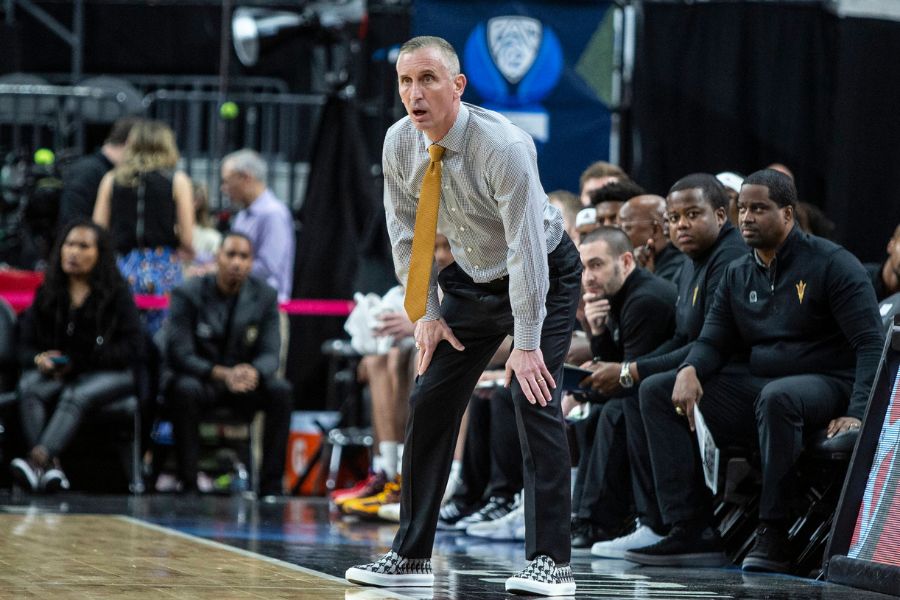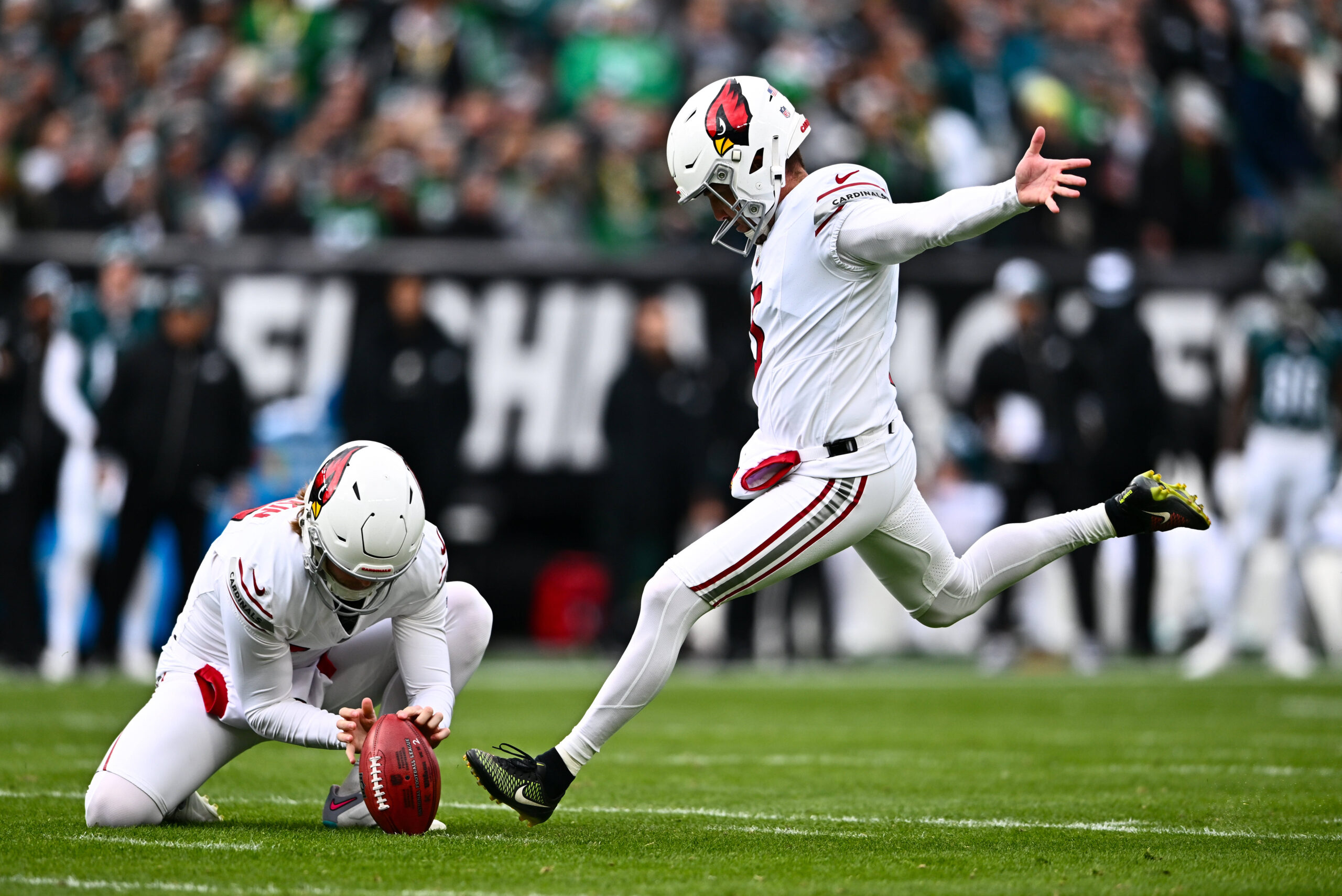It’s no secret that the legalization of sports betting has been on the rise in the US, with 33 states and the District of Columbia, now allowing some form of legalized sports betting. This has created a new opportunity for college students and athletes to legally place bets from their mobile devices wherever sports betting is legal.
President Baker ordered this study to, in his words, “We needed a new baseline so we can better understand what student-athletes are experiencing on their campuses and among their peers so we can best help them deal with the potentially disruptive dynamic of legal sports betting,” Baker said. “Sports betting has increased interest in sports of all kinds, including college sports, which is great for our fans, but the NCAA and everyone from coaches to athletics department staff and college presidents must better understand what impact sports betting may have on student-athletes.”
What did the Survey Reveal?
A recent survey conducted by Opinion Diagnostics on behalf of Baker and the NCAA reached out to 3,527 college students in the US aged between 18 to 22 years old. The survey aimed to gather information about their sports betting activities and preferences. It included questions that covered various aspects of sports wagering practices.
The survey also revealed that out of the total number of students surveyed, 1,702 were pursuing advanced degrees. Additionally, the survey represented all 50 states, including the District of Columbia.
Some Important Results Include the following;
- 58% of the respondents have participated in at least one sports betting activity, which includes fantasy sports
- 67% of students living on campus are betting on sports and tend to wager at a higher frequency
- 41% of the students who bet wagered on their school’s team
- 16% percent have placed a bet with a bookie
- 68% of Black or African American respondents engaged in betting activities, the highest among the demographics surveyed. Hispanic or Latino 63%; Asian 55%; white or Caucasian 54% accounted for the other races represented
- 14.3% of those surveyed placed a bet on a sports event or league at a casino or in-person sportsbook
How Much Are They Losing?
The most common range of money lost in a single day while betting falls between $10 and $50. Additionally, 71% of bettors say that their highest daily loss falls between $1 and $100.
However, it’s worth noting that Black or African American respondents stand out as an exception. Among them, 10% report having a highest daily loss of more than $500, compared to 6% of the general population.
How Often are they Betting?
The majority of those surveyed who place bets don’t do it very often. About 22% of bettors only place a bet one time or less per year, while 36% bet a few times a year.
On the other hand, there’s a small group of frequent bettors, with 14% of them betting a few times a week or even more frequently. When comparing men and women, 33% of men wager a few times a month or more frequently, whereas the percentage is slightly lower for women at 20%.
Risky Sports Betting Discovered
Opinion Diagnostics aimed to create a profile of the most at-risk group of gamblers. They discovered that 16% of respondents aged between 18 and 22 have participated in at least one risky gambling behavior.
Among these high-risk gamblers, the majority partake in three or more betting activities, with over half of them using mobile apps to place bets and play daily fantasy sports. They also wager on a broader range of bet types, sports, leagues, and events, compared to their lower-risk peers.
Furthermore, 70% of these gamblers strongly agree that they could earn a lot of money if they consistently gamble. They also have a higher rate of ad recall than their low-risk peers, with about 80% of high-risk gamblers stating that the ads they see make them more likely to gamble.
Additionally, survey participants from the Northeast and South and Black American residents were overrepresented when it comes to risky gambling behavior.






